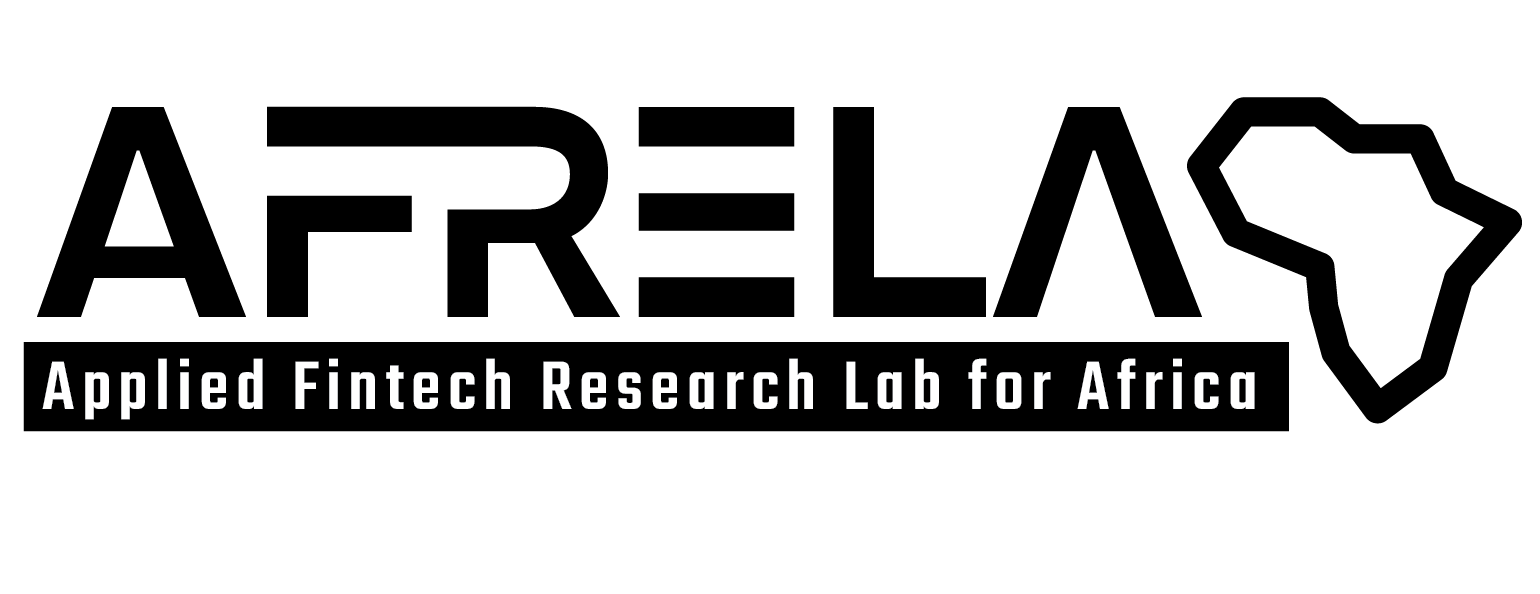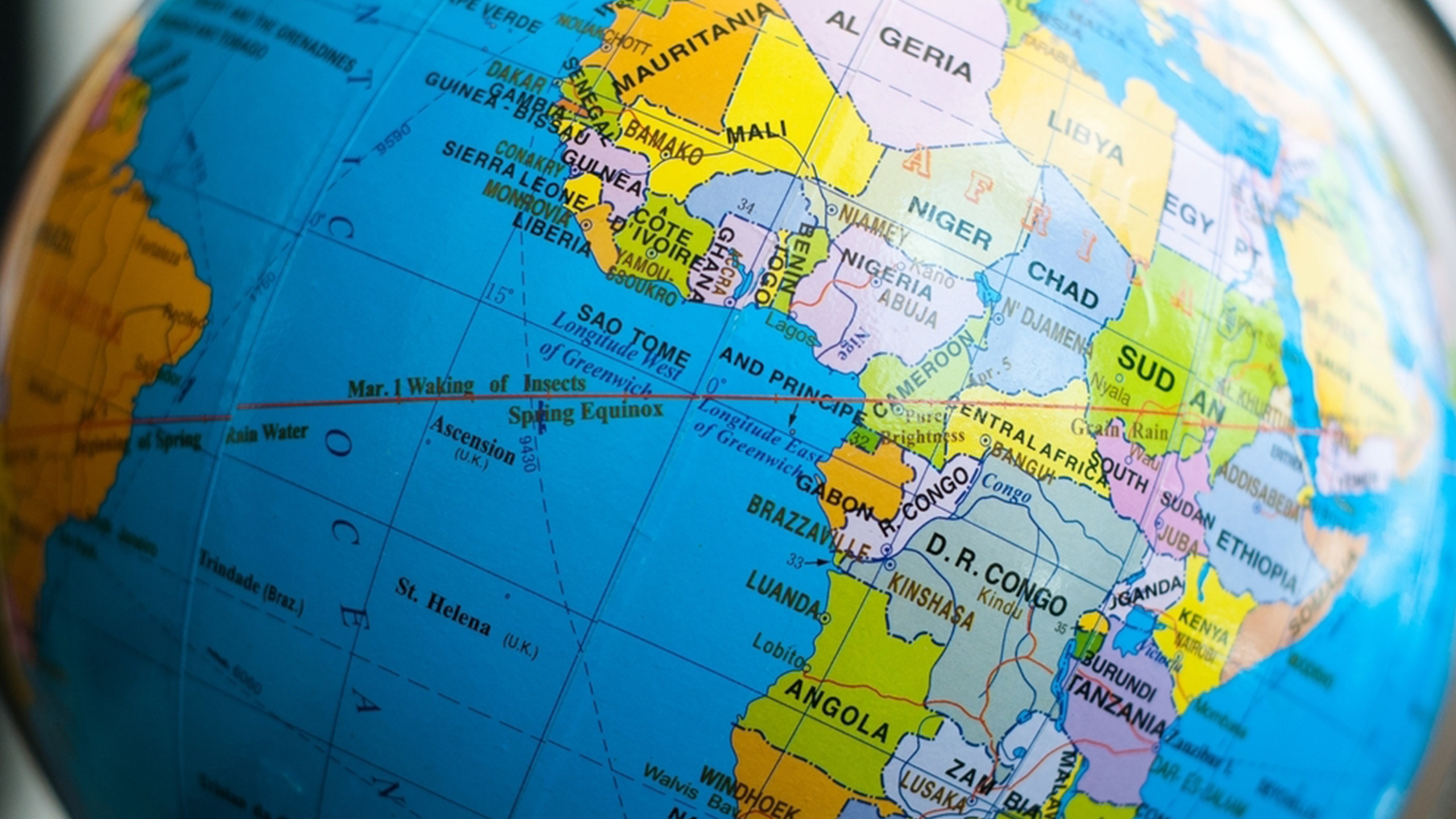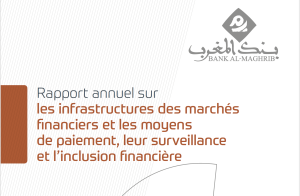The Global System for Mobile Communications Association (GSMA) is an organization that represents the interests of mobile operators worldwide. Through its Global Mobile Money Dataset, GSMA provides data and insights into the growth and dynamics of mobile money across different regions, including Africa.
Mobile Money in the African Landscape
Spanning from 2011 to 2022, GSMA’s latest dataset provides a comprehensive quarterly analysis of mobile money usage across five African regions: Eastern Africa, Middle Africa, Northern Africa, Southern Africa, and Western Africa. This analysis delves into the total volume of transactions, the average value per transaction, and the overall transaction value.
Based on this data, we developed an animated scatter plot to gain an understanding of the dynamic evolution of mobile money across these distinct regions.
The dataset discloses a staggering growth in transaction volume—an increase of approximately 2175.79% over the assessed period.
Even amidst a slowdown during 2019-2020, likely impeded by the pandemic, a subsequent surge post-2020 reflects the resilience and escalating integration of mobile money services in the African economy.
Eastern Africa: A Mobile Money Hub
Eastern Africa, which is home for M-Pesa in kenya and Tigo Pesa in Tanzania stands out for its adoption rate. The average transaction value remains moderate, suggesting that mobile money is a preferred method for regular transactions.
Western Africa: Mobile Money Growth
Western Africa, with Nigeria as a key player in fintech, has a strong mobile money ecosystem. The region sees a good balance of transaction volume, value and growth, indicating widespread and effective use. Newcomers like Wave have introduced innovations such as zero-fee transactions, further improving the market.
Northern Africa: different trajectory
In contrast to other regions, Northern Africa demonstrates a unique trajectory in mobile money usage, characterized by very low transaction volumes yet significantly higher average transaction values. This trend indicates a tendency to use mobile money for larger, less frequent transactions rather than for everyday activities.
Middle and Southern Africa: Emerging Markets
Both Middle Africa and Southern Africa display lower volumes and average transaction values, indicating that these regions are in the early stages of mobile money adoption or face lower use rates.
Conclusion:
The analysis highlights significant growth in Africa’s mobile money sector and underscores regional differences in adoption and usage. It emphasizes the crucial roles of supportive regulations and entrepreneurial ecosystems for mobile money to thrive. Furthermore, aligning with the local social context is essential for widespread adoption.








